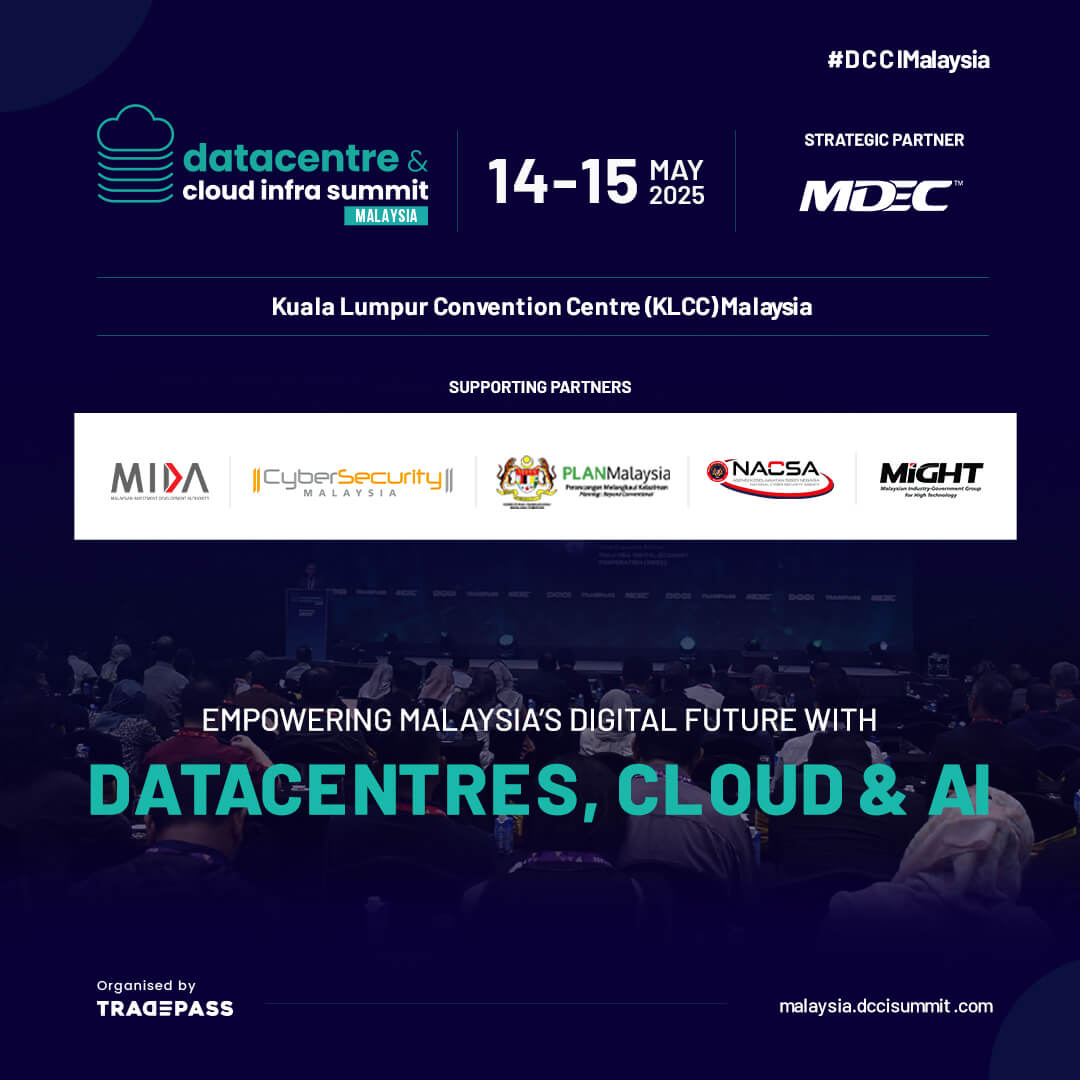Heaptalk, Jakarta — Minister of Health Budi Gunadi Sadikin emphasized the importance of collaboration and speedy work in improving the quality of health in Indonesia during a discussion on the last day of Global Future Fellows Healthcare 2023 organized by Pijar Foundation (10/05).
Budi conveyed that Indonesia has specific targets in 2030 when the country reaches the peak of the demographic bonus which will determine the country’s ability to shift from a middle-income country to a high-income one. “If this period is missed, we will continue to be a middle-class country forever. To maximize the demographic bonus, we need a smart and healthy society. For that reason, we have to work fast and make lots of breakthroughs,” said Budi when attending the closing of the 2023 GFF Healthcare series in Jakarta (10/05).
To achieve this target, the government through the Ministry of Health is promoting a digital transformation approach. One step is to encourage hospitals and regional health facilities to standardize and digitalize medical records and databases by the end of 2023.
“Centralized and easily accessible data will change the face of Indonesian health. Patients will have personal track records that are reliable and portable, and at a macro level, we can leverage them to predict disease and future treatment. On the other hand, this kind of data will spur transparency and equalization of healthcare prices,” he explained.
In essence, Budi emphasized the importance of multi-sector and multi-party collaboration in accomplishing quality health in Indonesia, such as when the community worked together to speed up the national vaccination process. This multisector and multiparty collaboration is being promoted by Pijar Foundation by organizing the Global Future Fellows 2023 Program with the theme ‘Advancing Southeast Asia’s Predictive Healthcare’ known as GFF Healthcare 2023. The program was held for four days on October 2-5, 2023 in Jakarta.
Developing a research ecosystem in AI-based health technology
GFF Healthcare 2023 is a residency program that aims to encourage synergy between the public, private, and community sectors in the national and regional health transformation process. There were 41 fellows consisting of strategic actors and players in the health sector, ranging from doctors, ministries, and start-up companies, from 6 countries in Southeast Asia, including Indonesia, Malaysia, Singapore, Brunei Darussalam, Thailand, and the Philippines.
The fellows engaged in a series of in-depth discussions the results of which were consolidated in the Collaborative Action Plan White Paper. The results of the discussion will then be coordinated with the relevant decision-makers. Some critical points are developing a research ecosystem in AI-based health technology and simplifying the process of cross-country data integration. These recommendations are expected to become the basis for accelerating health system transformation in Southeast Asia.
Director of Public Policy at Pijar Foundation Cazadira F. Tamzil voiced, “Through GFF Healthcare, I am optimistic that in the end, health solutions are not only about drugs or medical devices, but also about diverse supporting regulations, distribution mechanisms, and community involvement.”
In addition, GFF alumni will also be gathered in an Alumni Hub which allows them to network and work on strategic activities together. To date, the GFF Alumni Hub has succeeded in launching 3 programs to build talent supply and women’s social business innovation in the fields of energy and sustainability.













